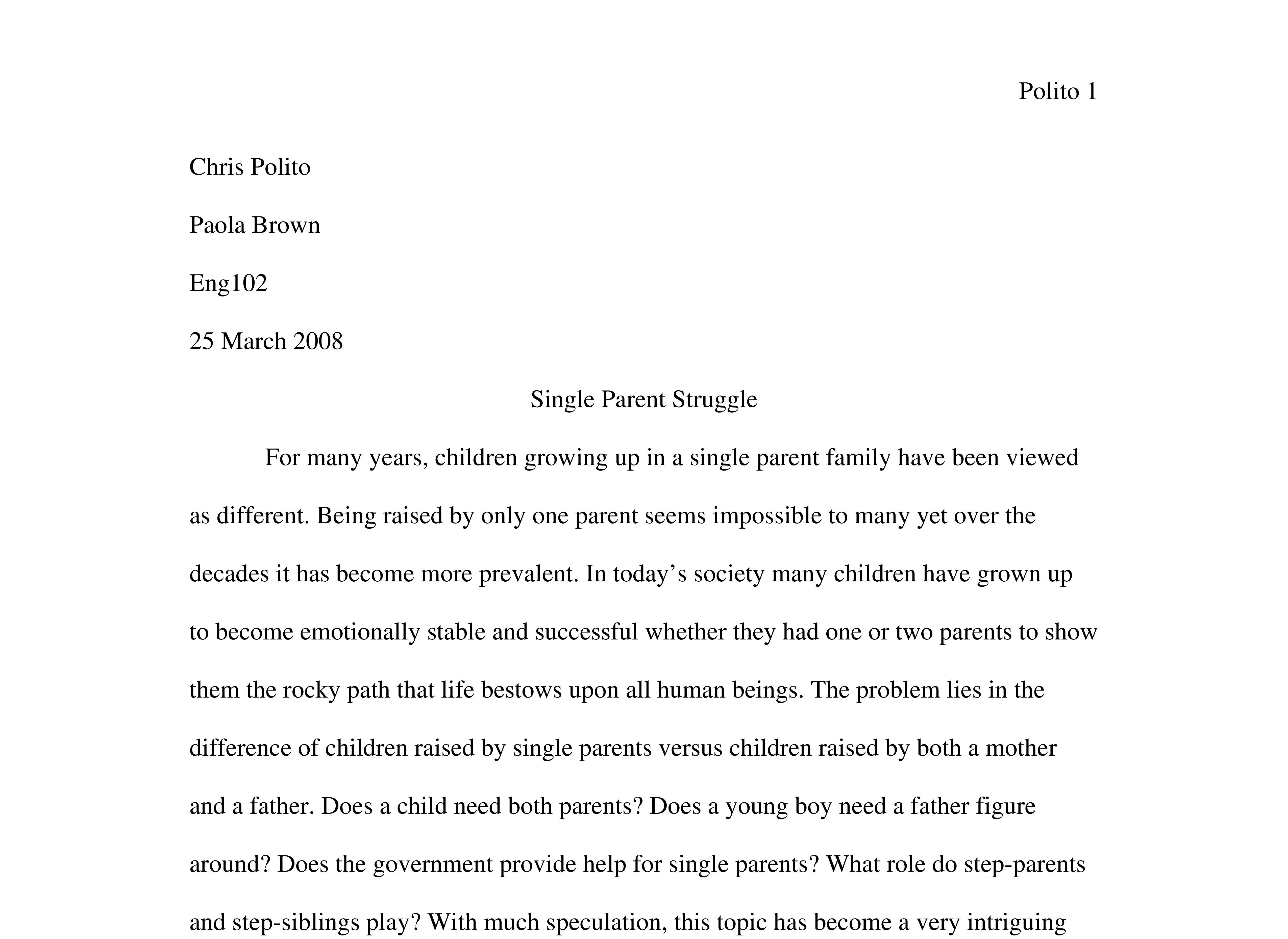We all know that the college application and selection process — especially at “elite” universities like Stanford — is about as mysterious as it gets. Even with leadership roles in every possible extracurricular, a perfect 1600 on the SAT and a competitive essay, you can still get rejected from the most prestigious schools. This raises the question: do admitted students to these universities have the necessary credentials to charge prospective students to edit their applications because of the simple fact that they were admitted? And, even if they do have some authority on the process, is it fair to charge for the service in an already elitist system?
As an international student applying from South Africa, I knew nothing about the overseas application process when I decided that I wanted to apply. Unsurprisingly, a lot of my information came from watching college YouTubers talk about their own experiences with the application process. I came to rely heavily on their insight. When I now see those same content creators offering essay editing services, however, I begin to wonder to what extent they have the authority to do this.
When looking at the fees that these content creators charge, it becomes difficult to see it as anything other than exploiting the desperation of eager college applicants. One popular college YouTuber from Stanford charges $233 for a single edit of 700- to 900-word essays. These exorbitant charges are not an anomaly but a norm among many of our peers, even those who do essay editing without an Internet platform. So we must ask ourselves, what is a reasonable justification for charging these seemingly extravagant fees?
It might be wise to approach this discussion, first, by differentiating college application editing to something like math tutoring. With math tutoring, there are a finite number of concepts that can be taught and mastered in high school math classes. If your math grades prove a successful track record, you can be confident in your abilities to coach someone to the correct answer. The same does not hold for college admissions. So how can you be sure you’ve mastered something when you don’t actually know what the answer is?
Perhaps one can say that they have mastered the college admissions process because they were successful in it — in being admitted to one or more prestigious schools. And yet, from my own perspective, I cannot in good conscience say that I understand the college admissions process despite being a Stanford admit. Personal essays, a medium in which the content is (necessarily) personal, cannot be coached. While I can of course give tips for improving an essay, it takes more than a “well-written” essay to get into schools with acceptance rates below 5%. In this way, I consider essay coaching services analogous to legal advice from someone who gets out of a speeding ticket. This advice does not come from a lawyer. Anyone offering advice on the matter was probably simply in the right place at the right time — luck was on their side. They have some experience, but how highly can you really value it?
With this experience, while these students cannot guarantee entrance into colleges, perhaps they have something to contribute in terms of improving essay structure or the clarity of expressed ideas. So one might argue that it is acceptable to charge for this service as a way to earn money, especially in paying back student debt. We can all attest to the astronomical fees we’re expected to pay to attend college. That being said, I still don’t think there’s an argument for capitalizing on younger students’ desperation for your own monetary gain. The hype around these prestigious universities is already so toxic; I truly don’t think that you can morally justify contributing to this culture. It’s no matter if these students come from wealthy families who are prepared to pay, given that high school students are in the throes of a competitive, pressure-cooker environment. Contributing further to it remains unethical.
I get it, it might not feel wrong to be taking money from extremely wealthy parents who are dying to get their children into the same Ivy Leagues and top schools they went to. But here’s the thing: you’re making the system even more inaccessible for kids who are already disadvantaged in the process. You’re simply adding another way for wealthy parents to give their children a leg up by throwing more money. Out of two students of the same relative ability and intelligence (whatever that means), who do you think will get admitted into a top school? Is it the one who has had eight different tutors and editors and guidance counselors to help them refine their essays? Or a student, already struggling to access certain extracurriculars and academic support, who also can’t afford your tutoring service? By being a ninth counselor to the first student, you’re worsening an already uneven playing field.
I’m not saying that students shouldn’t provide this service. If you’re a Stanford student, I believe that you are a talented writer. I believe that you can provide insight to prospective students. But I urge you to provide it for free and to people who are already disadvantaged by the process. You are part of an exclusive group of students who successfully got into a highly competitive university like Stanford. Because of this, I think you have some sort of responsibility to rectify aspects of the process from the inside. Do what you can to make the process less exclusionary, not more.
Contact Gabriella Fedetto at gfedetto ‘at’ stanford.edu.
